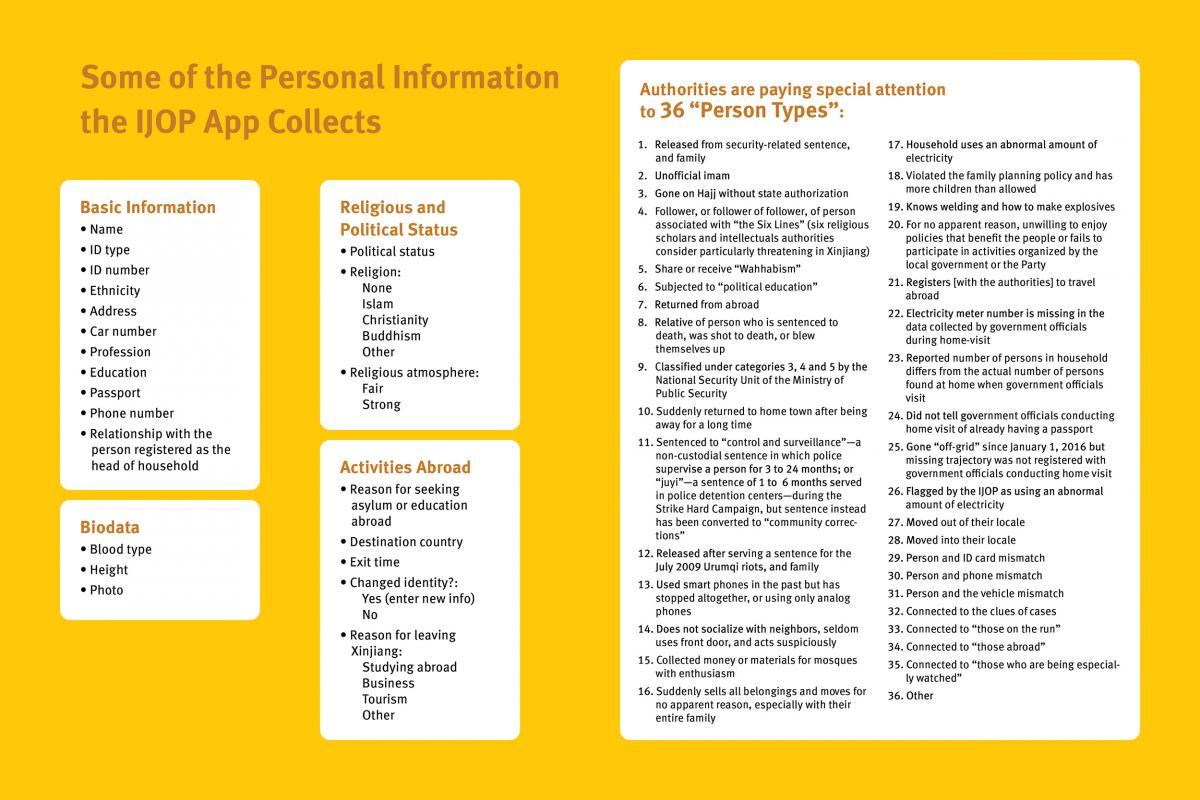There is a deep underlying assumption, however, that we can learn from them because it’s their personal characteristics–such as talent, skill, mental toughness, hard work, tenacity, optimism, growth mindset, and emotional intelligence– that got them where they are today.
[…]
But is this assumption correct? I have spent my entire career studying the psychological characteristics that predict achievement and creativity. While I have found that a certain number of traits— including passion, perseverance, imagination, intellectual curiosity, and openness to experience– do significantly explain differences in success, I am often intrigued by just how much of the variance is often left unexplained.
In recent years, a number of studies and books–including those by risk analyst Nassim Taleb, investment strategist Michael Mauboussin, and economist Robert Frank— have suggested that luck and opportunity may play a far greater role than we ever realized, across a number of fields, including financial trading, business, sports, art, music, literature, and science. Their argument is not that luck is everything; of course talent matters. Instead, the data suggests that we miss out on a really importance piece of the success picture if we only focus on personal characteristics in attempting to understand the determinants of success.
[…]
Consider some recent findings:
- About half of the differences in income across people worldwide is explained by their country of residence and by the income distribution within that country,
- Scientific impact is randomly distributed, with high productivity alone having a limited effect on the likelihood of high-impact work in a scientific career,
- The chance of becoming a CEO is influenced by your name or month of birth,
- The number of CEOs born in June and July is much smaller than the number of CEOs born in other months,
- Those with last names earlier in the alphabet are more likely to receive tenure at top departments,
- The display of middle initials increases positive evaluations of people’s intellectual capacities and achievements,
- People with easy to pronounce names are judged more positively than those with difficult-to-pronounce names,
- Females with masculine sounding names are more successful in legal careers.
The importance of the hidden dimension of luck raises an intriguing question: Are the most successful people mostly just the luckiest people in our society? If this were even a little bit true, then this would have some significant implications for how we distribute limited resources, and for the potential for the rich and successful to actually benefit society (versus benefiting themselves by getting even more rich and successful).
[…]
Many meritocratic strategies used to assign honors, funds, or rewards are often based on the past success of the person. Selecting individuals in this way creates a state of affairs in which the rich get richer and the poor get poorer (often referred to as the “Matthew effect“). But is this the most effective strategy for maximizing potential? Which is a more effective funding strategy for maximizing impact to the world: giving large grants to a few previously successful applicants, or a number of smaller grants to many average-successful people? This is a fundamental question about distribution of resources, which needs to be informed by actual data.
Consider a study conducted by Jean-Michel Fortin and David Currie, who looked at whether larger grants lead to larger discoveries. They found a positive, but only very small relationship between funding and impact (as measured by four indices relating to scientific publications). What’s more, those who received a second grant were not more productive than those who only received a first grant, and impact was generally a decelerating function of funding.
[…]
the best funding strategy of them all was one where an equal number of funding was distributed to everyone. Distributing funds at a rate of 1 unit every five years resulted in 60% of the most talented individuals having a greater than average level of success, and distributing funds at a rate of 5 units every five years resulted in 100% of the most talented individuals having an impact! This suggests that if a funding agency or government has more money available to distribute, they’d be wise to use that extra money to distribute money to everyone, rather than to only a select few
[…]
The results of this elucidating simulation, which dovetail with a growing number of studies based on real-world data, strongly suggest that luck and opportunity play an underappreciated role in determining the final level of individual success. As the researchers point out, since rewards and resources are usually given to those who are already highly rewarded, this often causes a lack of opportunities for those who are most talented (i.e., have the greatest potential to actually benefit from the resources), and it doesn’t take into account the important role of luck, which can emerge spontaneously throughout the creative process. The researchers argue that the following factors are all important in giving people more chances of success: a stimulating environment rich in opportunities, a good education, intensive training, and an efficient strategy for the distribution of funds and resources. They argue that at the macro-level of analysis, any policy that can influence these factors will result in greater collective progress and innovation for society (not to mention immense self-actualization of any particular individual).
Source: The Role of Luck in Life Success Is Far Greater Than We Realized – Scientific American Blog Network


